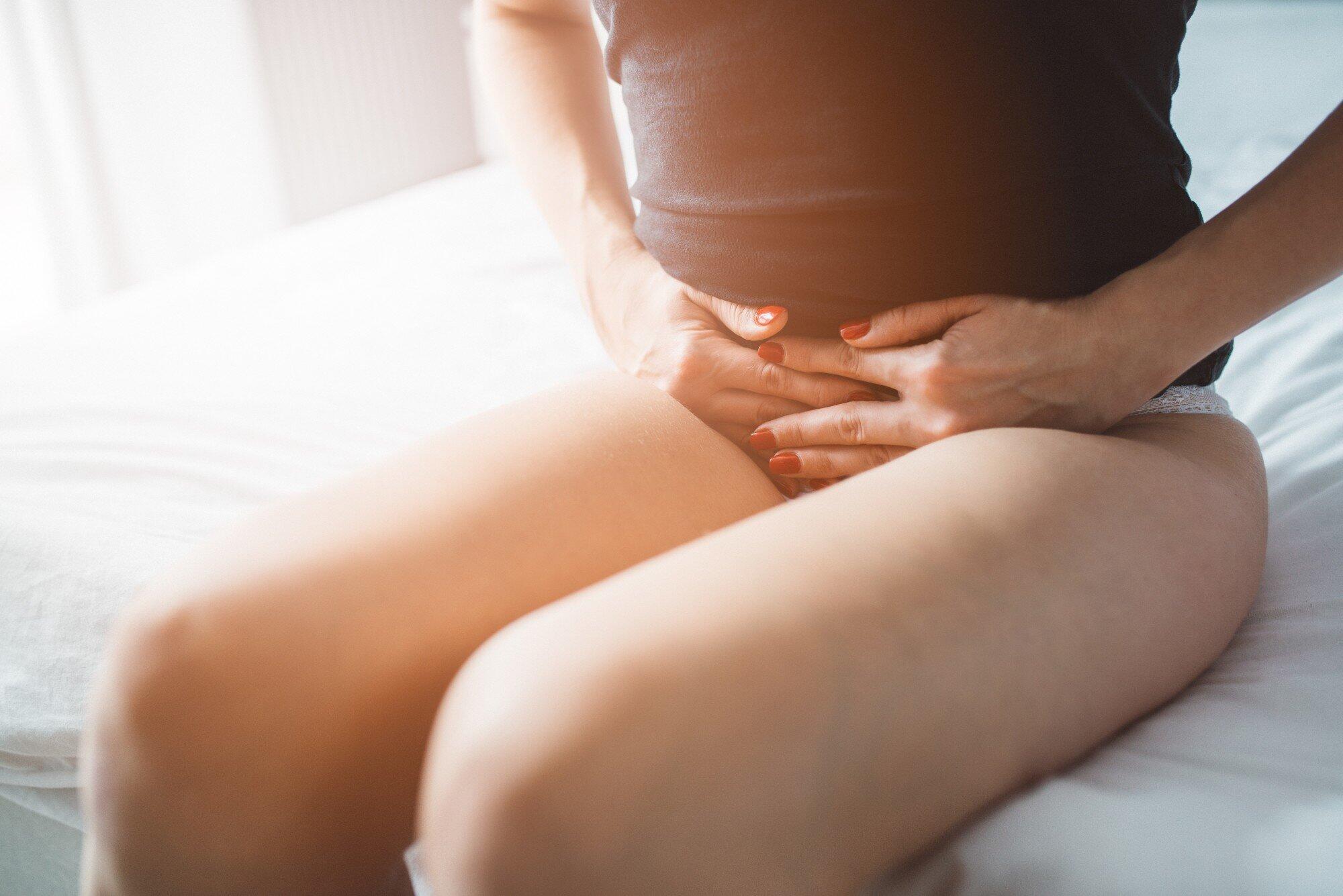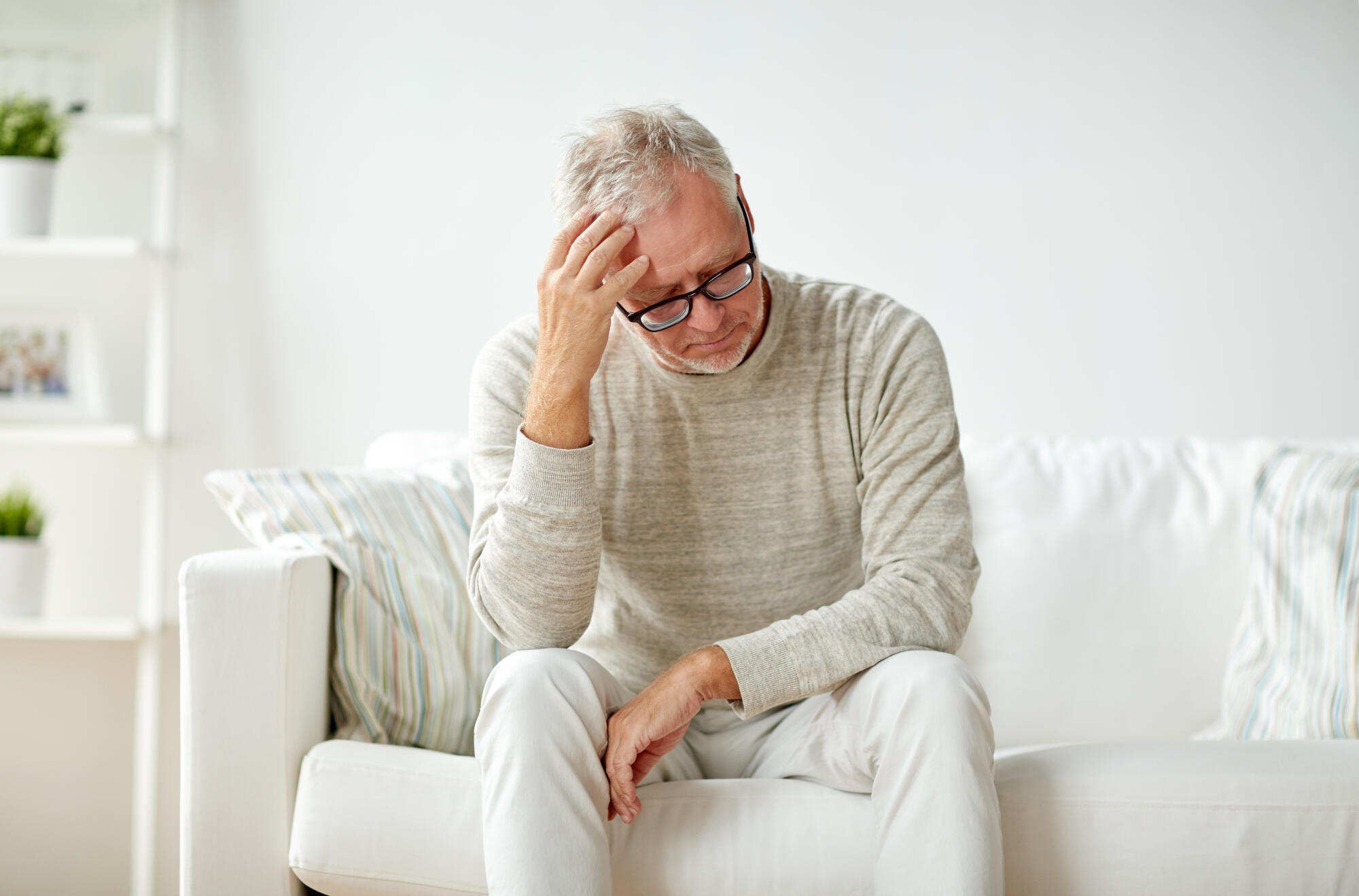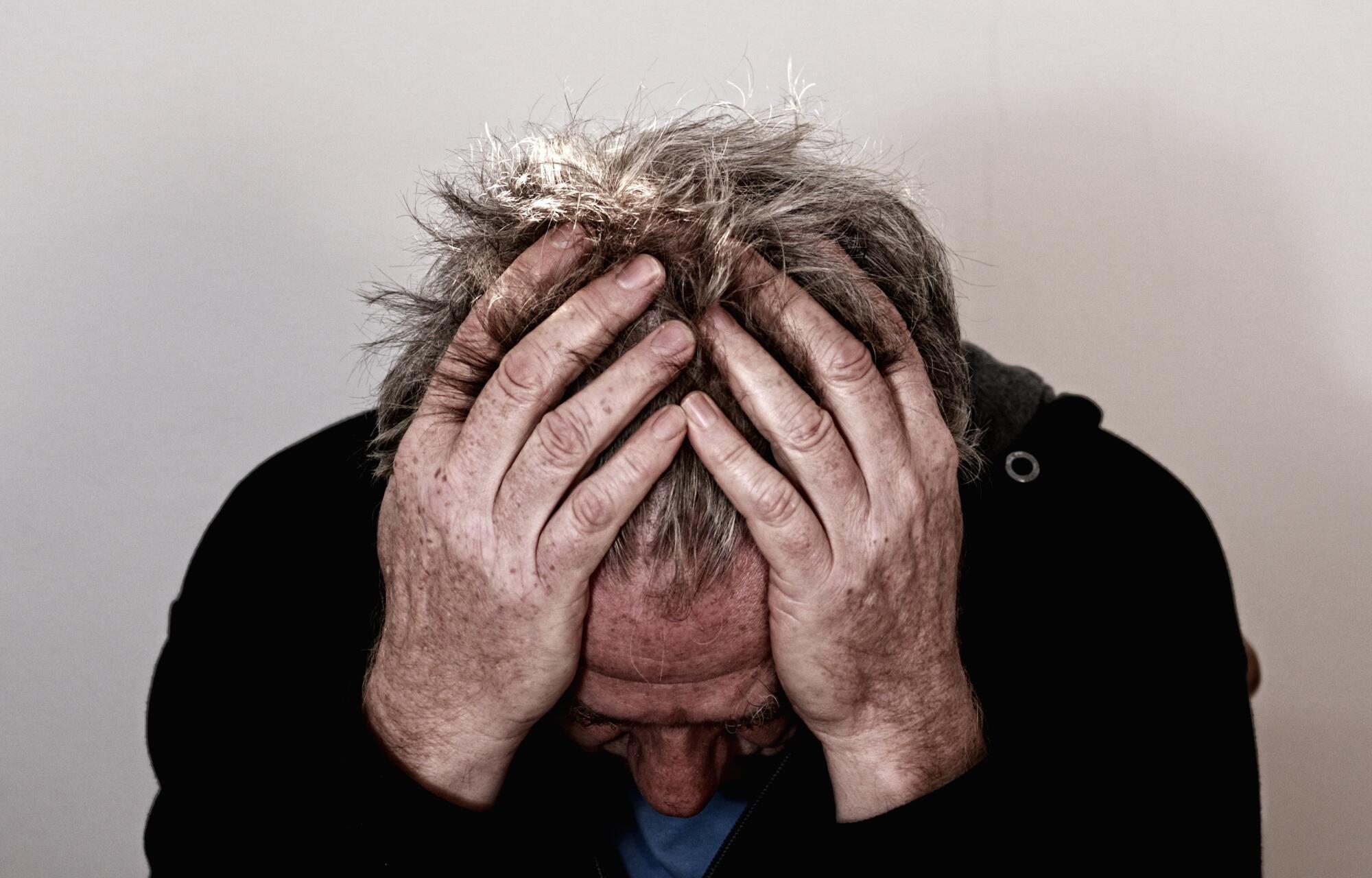
Can Constipation Cause Chest Pain? 7 Tips for Easing Constipation

Have you started experiencing chest pain, fatigue, and abdominal pain? The problem could be your colon, not your chest. Can constipation cause chest pain, though?
About four million people in the US have frequent constipation, leading to 2.5 million doctor visits annually. In rare cases, yes; constipation can cause chest pain. It’s even associated with cardiovascular events due to increased blood pressure.
Eager for constipation relief? Read on to learn more about the causes of constipation and how you can ease your symptoms.
Can Constipation Cause Chest Pain?
First, let’s answer the question that brought you here. In some cases, treating constipation can ease chest pain.
Constipation-induced pressure and changes to your intestinal microbiota can cause:
- Atherosclerosis
- Blood pressure increases
- Cardiovascular events
Straining can also cause blood pressure to rise. This can trigger congestive heart failure, arrhythmia, acute coronary disease, or aortic dissection.
In some cases, gas from the colon can spread to the chest. It could present as heart pain. However, this is not common.
In some patients, constipation is accompanied by shortness of breath. This usually indicates a more serious issue. If you experience both, see a medical professional immediately.
Doctors don’t normally recognize constipation as a cause of acute respiratory distress disorder. However, some reports link the two.
Chest Pain and Heart Attacks
Gas and other intestinal problems can cause constipation and chest pain. However, the chest pain could also be from a heart attack or another medical issue.
If you believe you’re experiencing a heart attack, visit a doctor right away. If the issue is constipation, your doctor can address it once they confirm you’re not in danger.
Chest pain or discomfort is one of the main symptoms of a heart attack. Most heart attacks present with pain in the center or left side of the chest. Symptoms may last longer than a few minutes before disappearing and returning.
The sensation may feel like fullness, pressure, or squeezing. You may also experience:
- Discomfort or pain in the back, jaw, or neck
- Feeling lightheaded, weak, or faint
- Discomfort or pain in the arms or shoulders
- Shortness of breath
If you experience these symptoms and don’t know the cause, visit a doctor.
Constipation Symptoms
Everyone experiences constipation symptoms differently. However, common symptoms include:
- Feeling bloated or uncomfortable
- Abdominal pain
- Feeling sluggish
- Difficult or painful bowel movements
- Bowel movements fewer than three times a week
In some cases, these symptoms can resemble other medical conditions. Consult a doctor for a diagnosis.
Causes of Constipation
When the colon absorbs too much water, your stool can become hard and dry. Usually, food moves through the colon, allowing the colon to absorb water. Muscle contractions then push the stool to your rectum.
By the time the stool reaches your rectum, most of the water has been absorbed. This results in solid stool.
When your colon’s muscle contractions become sluggish, stool can move through your colon too slowly. Too much water will be absorbed.
This can occur due to causes of constipation like:
- Abuse of laxatives
- Problems with intestinal function
- Ignoring the urge to have a bowel movement
- Not enough liquids
- Lack of exercise
- Medications
- Changes (travel, pregnancy, old age)
- Irritable bowel syndrome
- Not enough fiber in your diet
In some cases, constipation can indicate you have a condition. These could include diabetes, lupus, IBS-C, or CIC. If you have regular constipation, talk to your doctor.
Tips for Constipation Relief
Getting rid of constipation is as easy as making a few lifestyle changes. Here are a few tips you can use for constipation management.
1. Increase Your Intake of Dietary Fiber
You are what you eat! Relieve your constipation by increasing your daily intake of fiber.
Adults should consume about 22 to 34 grams of fiber daily. There are two types of fiber: soluble and insoluble.
Soluble absorbs the water in your food and slows digestion. Some soluble fibers may lower cholesterol and your risk of a heart attack. Foods with soluble fiber include:
- Peas
- Lentils
- Seeds
- Nuts
- Barley
- Oat bran
- Some fruits and veggies
- Beans
Insoluble fiber doesn’t absorb water. It adds bulk to your stool to help food pass quickly. It’s found in wheat bran, whole grains, and vegetables.
2. Take Fiber Supplements
If you’re not getting enough fiber from your diet, take a fiber supplement. Some options include active ingredients like:
- Methylcellulose
- Psyllium
- Wheat bran
Taking a supplement is one of the fastest ways to promote regular bowel movements. You may experience some gas and bloating. Drinking plenty of fluids when taking a supplement.
3. Stay Hydrated
Help fiber work within your body by drinking plenty of fluid. Consume half your body weight in ounces of water daily. You can also drink clear soups, vegetable juices, or naturally sweetened fruit juice.
4. Use Laxatives or Softeners
Over-the-counter options for constipation relief include:
- Osmotic laxatives
- Stool softeners
- Lubricants
- Stimulant laxatives
- Enema
5. Take Magnesium
Magnesium can help relax the muscles in your colon. This ensures a smoother contraction rhythm. It also draws water into the colon to make your stool softer.
6. Use Heat
Try sleeping with a heating pad or hot water bottle. The heat can be physically relaxing and mentally soothing.
It could help relax your intestinal muscles and help encourage bowel movements. Don’t put the heat directly on your skin.
7. Train Your Body
Reawaken your system! Start with a substantial breakfast to stimulate the gastrocolic reflex. Make sure you have time for a bathroom break after breakfast.
Don’t strain. Let it happen naturally.
Otherwise, consider using biofeedback techniques. This process can retrain your muscles by targeting the pelvic area.
Start Getting Rid of Constipation Today
To recap, can constipation cause chest pain? In some cases, yes. However, you should see a doctor if your constipation symptoms persist or worsen.
Kiwi is dedicated to providing consumers around the world with access to top-quality health products at competitive prices. Your health is our responsibility. We only ship from licensed, regulated, and inspected pharmacy locations.
If the above tips don’t help, don’t worry. You can find high-quality, effective constipation products in our store for relief.
Related Posts

